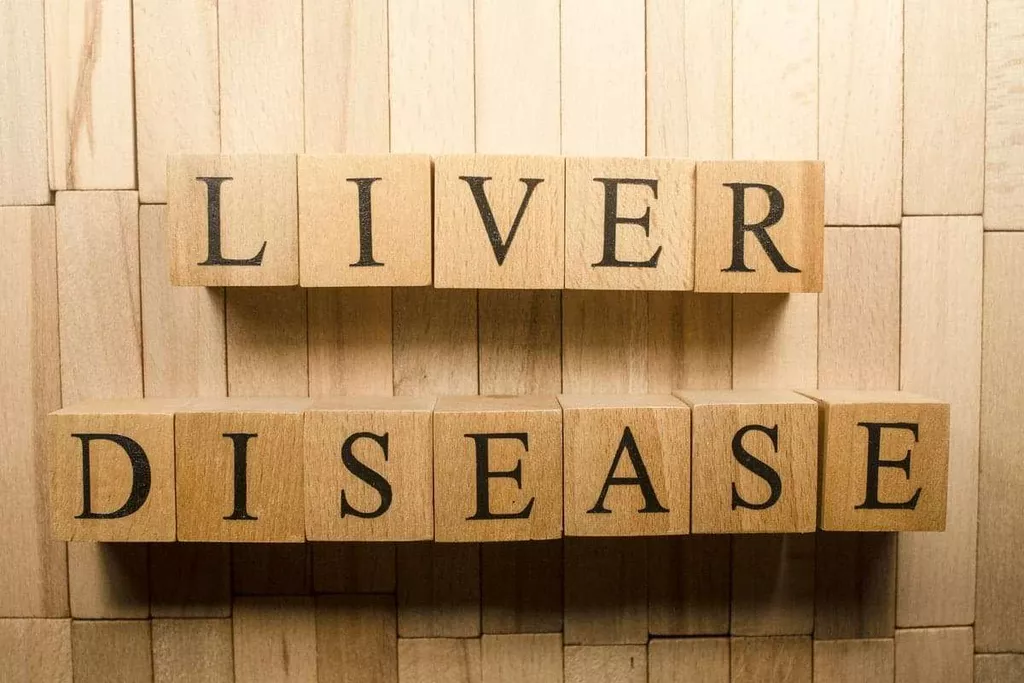Content
He outlines the ways people can recover from their problematic drinking behaviors. And you can shift from the downward spiral of alcoholism and toward the upward trajectory at any point. During this stage, your condition may become evident to friends and family, although some people can become highly adept at hiding problem drinking.
This is only one of a variety of factors that lead to substance abuse and dependence. Below are five more reasons that an individual who begins drinking might develop an alcohol abuse disorder. The alcohol use disorder treatment programs that we provide rely on evidence-based forms of therapy proven to help a person stop drinking and remain sober and in why do people become alcholics active recovery long term. We also provide holistic treatments, small group therapy, and regular in-depth psychoanalysis completed by psychiatric experts. Genetic factors make some people especially vulnerable to alcohol dependence. Contrary to myth, being able to “hold your liquor” means you’re probably more at risk — not less — for alcohol problems.
Risk factors
For example, it has been repeatedly proven that those with alcohol abuse disorders are often childhood trauma survivors, or have lived through another traumatic experience later on in life. It has also been proven that brain chemistry changes over time when alcohol is repeatedly introduced to the central nervous system, leading to physical and psychological addiction. Genetics also play a role – those with family members who have struggled with alcoholism are more likely to struggle with alcoholism themselves. When drinking is acceptable or encouraged, alcohol abuse disorders are more likely to develop. Perhaps the most commonly cited example is college, where alcohol consumption is widely celebrated and embraced; even particularly dangerous forms of drinking such as binge drinking are glorified. Some personalities are more likely to develop alcoholism than others.
They outline the typical trajectory of alcoholism to reveal the steady decline from social to chronic alcohol use. Individuals in this stage may not be drinking every day or even every week. However, they still use alcohol frequently and can’t imagine a “good night out” without it. The more a person drinks, the more their body becomes dependent on ethanol to release these neurotransmitters instead of releasing them naturally. The pre-alcoholic stage occurs before alcohol is ever a real problem.
Why Alcoholics Enjoy Drinking
Over the long- or medium-term, excessive drinking can significantly alter the levels of these brain chemicals. This causes the body to crave alcohol in order to feel good and avoid feeling bad. Some people experience some of these signs and symptoms but are not dependent on alcohol. A person with this condition does not know when or how to stop drinking. They spend a lot of time thinking about alcohol, and they cannot control how much they consume, even if it is causing serious problems at home, work, and financially. The stages of alcoholism are a helpful tool to help determine the progression of alcoholism but they are by no means a rule.

A number of these therapies, including cognitive-behavioral coping skills treatment and motivational enhancement therapy, were developed by psychologists. Additional therapies include 12-Step facilitation approaches that assist those with drinking problems in using self-help programs such as Alcoholics Anonymous (AA). Once people begin drinking excessively, the problem can perpetuate itself.
Your Career
Alcohol misuse is a pattern of unhealthy alcohol consumption that can be harmful to your health and relationships. If you or a loved one are seeking help for alcoholism, there is help available. Get professional help from an addiction and mental health counselor from BetterHelp.
- Spouses and children of heavy drinkers may face family violence; children may suffer physical and sexual abuse and neglect and develop psychological problems.
- Contact us today to find out which of our treatment options if right for you.
- There were plenty of people who couldn’t control their drinking but doctors couldn’t explain why at the time.
Also, no factors are determinative; someone with very few risk factors may have severe alcoholism, and someone else with many risk factors may have no drinking issues. Scientists don’t yet understand why some people become addicted while others don’t. But not all members of an affected family are necessarily prone to addiction. “As with heart disease or diabetes, there’s no one gene that makes you vulnerable,” Koob says. Drinking alcohol regularly, especially in large amounts, may pose a higher risk of developing an addiction or alcohol use disorder.
WE’RE READY TO HELP YOU BEGIN A NEW LIFE
For some people who are particularly vulnerable, it can happen within months. It mimics certain chemicals, GABA and glutamate, that the brain naturally produces and are required for proper functioning. The former causes people to relax while the latter is excitatory and makes them more active. All of the information on this page has been reviewed and verified by a certified addiction professional. Heilig said in an interview in The Atlantic magazine that the goal was not to cure alcoholism in rats, of course.
While this may not always meet the clinical criteria to be considered alcohol dependence, these patterns of behavior still pose a significant risk factor to one’s physical or mental health. Some who do not have genetic risk factors may develop alcoholism if raised in an environment that encourages or normalizes maladaptive drinking behaviors. A person who engages in these practices may also develop alcoholism. As the Cleveland Clinic excellently states, alcohol use disorder (or alcoholism) is a medical condition where a person is unable to control their heavy or frequent drinking. They continue to drink in an unhealthy manner despite knowing that their behavior could result in negative or devastating consequences.
Alcohol use disorder is a pattern of alcohol use that involves problems controlling your drinking, being preoccupied with alcohol or continuing to use alcohol even when it causes problems. This disorder also involves having to drink more to get the same effect or having withdrawal symptoms when you rapidly decrease or stop drinking. Alcohol use disorder includes a level of drinking that’s sometimes called alcoholism. For many people, drinking alcohol is nothing more than a pleasant way to relax. People with alcohol use disorders, however, drink to excess, endangering both themselves and others.
